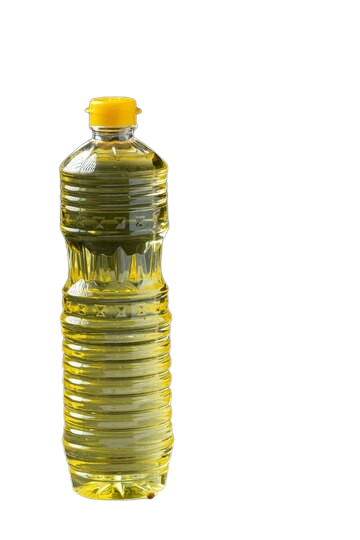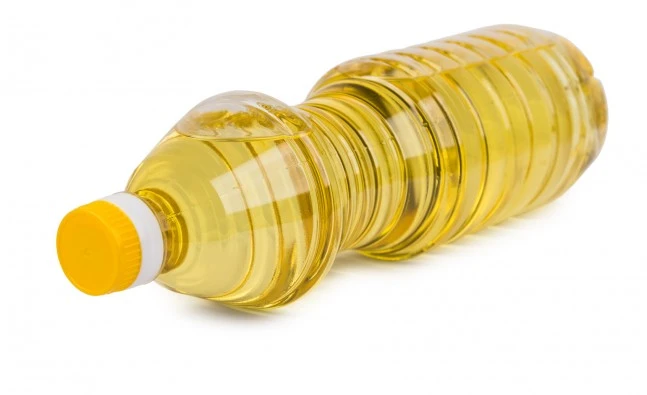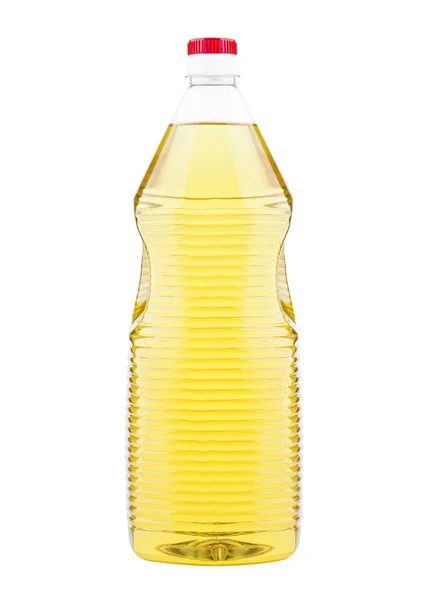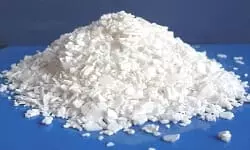Coconut Oil - Vietnam
|
IUPAC Name |
: (1-Decanoyloxy-3-octanoyloxypropan-2-yl) dodecanoa |
|
Cas Number |
: 8001-31-8 |
|
HS Code |
: 1513.11.10 |
|
Formula |
: C33H62O6 |
Basic Information
|
Appearance Name |
: Yellow Liquid |
|
Common Names |
: Coconut Fat |
|
Packaging |
: 25 kg drum |





